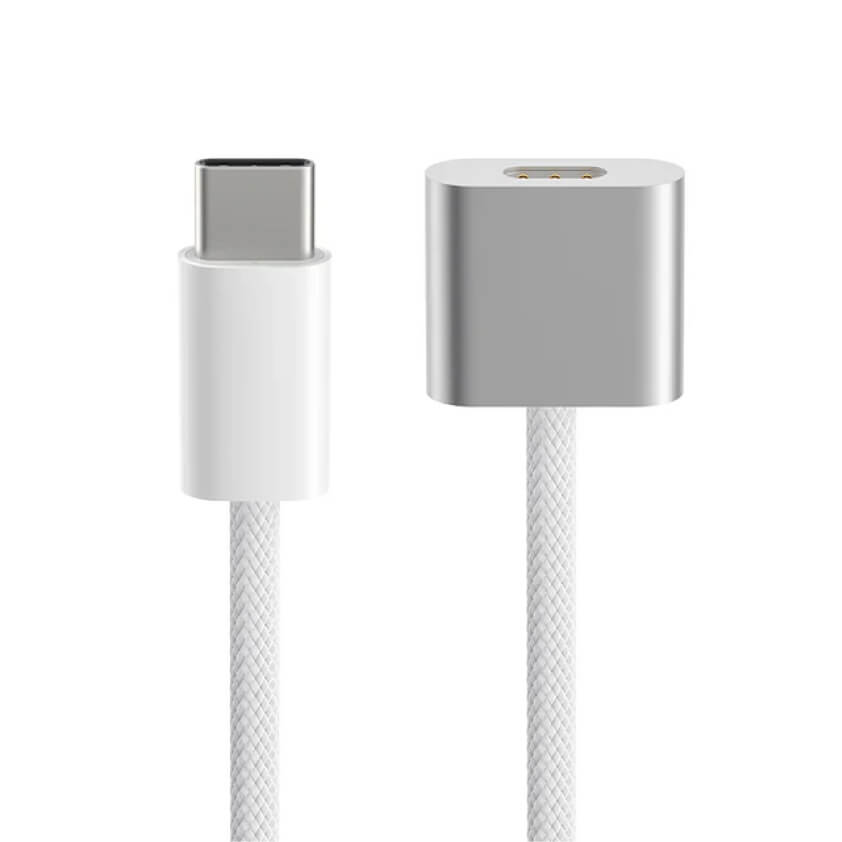Laifen blog
Laifen crafts an avant-garde fusion of premium product services and a bespoke hair care experience. Uncover the tapestry of Laifen hair dryer's stories, dive into the nuances of hair care wisdom, stay ahead with industry whispers, and indulge in the symphony of detailed product revelations.

Why does my hair feel like straw? Common causes & how to fix it
If your hair feels like straw, it's probably dehydrated. Discover the common causes of straw-like hair and learn how to try fixing it by adding hydration.

Twist and shout: 10 trending kinky twist hairstyles you can't ignore in 2024
The kinky twist is a protective hairstyle that is super stylish and easy to install. Discover ten styling options and learn of the benefits of this look.

5 best women's shag haircuts: the secrets to a stunning shag haircut
The shag haircut's always been popular for both guys and girls. Get styling tips and maintenance secrets for 2024, plus top 5 cuts.

20 fun Father's Day activities for adults, preschoolers, and students
What can we do on Father' Day? If you want to make it meaningful and interesting, you can dive into our posting where you can get 20 Father's Day activities for...

Top Father's Day gifts from daughters: A present from his little princess
As a daughter, you may be wondering which gift is best for your father. That's why I'm here to provide you with some ideas. These are some of the meaningful...

20 great gift ideas for Father's Day in 2024 to celebrate the unique time
Which are the best Father's Day gift ideas to celebrate this special day this year? Here are 20 options for you. You can find simple, unique, and crafty Father's Day...

Happy & inspirational Father's Day quotes: How to write & examples
If you're looking to write and send heartfelt Father's Day quotes, check out our post where I share some happy and inspirational quotes for the occasion.

Cool Father's Day gift ideas from son
Want to know what gift a son should give to his father? I will give you some options like an electric toothbrush, smartphone, and DIY kit. You can then decide...













